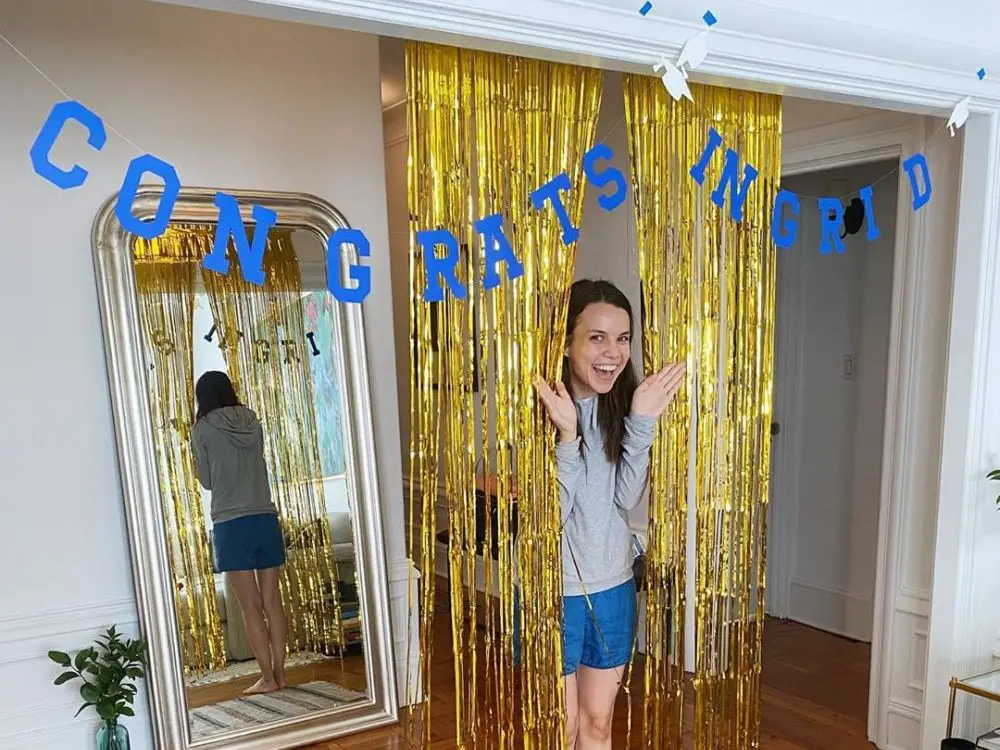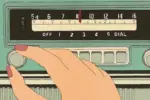Seasoned YouTubers Jenna Marbles and Ingrid Nilsen stepping away from their YouTube channels indefinitely has sparked a much-needed discussion about YouTuber burnout.
Both creators cited different reasons for departing their platforms. In a now private video, Marbles reflected on her content and its effects in light of Black Lives Matter and decided to step down to hold herself accountable and reflect.
Nilsen cited mental health as one of the reasons she is stepping away from her channel. In her final video, she went through her journey on the platform and said, “I will still be using my voice and talking about things that I care about … but posting will be more on my terms because my mental and emotional and financial well-being will no longer be tied to essentially how much people like me online, whether it’s how many likes I get or how many views I get, and that feels like freedom to me at this point in my life.”
On July 9 in a video titled “We NEED To Talk about Creator Burnout and Why It’s Getting Worse…,” YouTuber Roberto Blake discussed YouTube burnout. He said, “We have a crisis in the creator community, we have a crisis of burnout, we have a crisis of toxicity.” He talked about his own experiences with burnout and urged viewers to comment and give positive feedback to smaller content creators to encourage them in their creative process.
Burnout is defined by the International Journal of Stress Management as “a job-induced syndrome combining emotional exhaustion, depersonalization/cynicism, and a sense of reduced personal accomplishment.” The symptoms include depression, irritability, inability to focus, sleeplessness, headaches and more.
Many content creators have opened up in the past few years about the effects of burnout on their content, and many beloved YouTubers have left the platform for good. Anyone who has been watching YouTube since its early days knows that many of the content creators they looked to for entertainment are no longer making videos today.
One famous content creator who experienced YouTube burnout is Michelle Phan, one of the platform’s earliest beauty bloggers. In 2015, she abruptly left her channel and social media platforms, leaving fans bewildered. Two years later, she uploaded a video called “Why I Left” where she explains what led up to her departure. In the video, which has over 13 million views, she opened up about feeling like she had lost herself and lost sight of her passions.
In a September 2019 interview with the Cut, Phan reflected on her time away from social media. She said: “I was burnt out. I was just tired. I accomplished everything I could ever want — even more so!” Although she has since returned to YouTube, she now creates content when she wants to rather than following a regular schedule and formula.
When taking into account the nature of their profession, it becomes clear why YouTuber burnout is so common. Except for the top content creators, most YouTubers edit their own content, run their own social media accounts and come up with their own original ideas. And some of them do all those things on a daily basis.
In an interview with CNN Business, YouTuber Christian Collins said he would often work from 5 a.m. to 1 a.m. producing content for his different platforms. And once a video is posted, YouTubers promote it on their social media, interact with fans and begin the process again almost immediately.
But why don’t creators just create less content?
According to many content creators, it’s not that easy — at least, not if they hope to be recommended by YouTube’s algorithm. More than 70% of views on videos come from the algorithm’s recommendation mechanism. And when views are directly correlated with ad revenue and sponsorships, YouTubers will do whatever it takes to increase their viewership. Even at the expense of their mental health.
The Verge discusses the phenomenon in an article titled “YouTube Is Failing Its Creators.” According to the piece, YouTubers believe that they must make “steady, ongoing uploads” to win the favor of the algorithm. Although the platform’s executives say that this is not the case, content creators are not given much in terms of concrete proof.
For YouTubers and audiences, the exact way the algorithm works remains a mystery. Some YouTubers speak of it as if it is an omniscient presence looming over their channels.
In 2016, three Google executives released a paper on the mechanisms of the algorithm. Some of the factors that help a video get picked up by the algorithm are click-through rate, watch time and how many videos an individual viewed from a channel. The paper marked the last official time executives explained the algorithm. And since it is constantly changing, much is still unknown.
At the whim of an algorithm they do not understand and their audiences who want constant content, it is no wonder why YouTuber burnout is so widespread.
But burnout is not limited to YouTubers. Society is becoming more and more reliant on social media, everyday people are becoming content creators on their personal platforms and hustle culture is becoming more and more prominent. Thus, burnout is becoming commonplace.
If you find yourself feeling increasingly frustrated by a job you once loved, so much so that it is affecting your performance, you are likely facing burnout. Similarly, if the thought of posting on your Instagram now gives you anxiety where it once made you excited, you are probably facing social media burnout.
When left untreated, the chronic stress of burnout can lead to various long-term physical effects, including depression, gastrointestinal problems and heart disease.
One of the simplest solutions for work-related burnout is taking time off. In some cases, a career change may be needed. And as more and more content creators come forward about YouTuber burnout, awareness is increasing, as is recognition of the importance of long-term self-care.

















